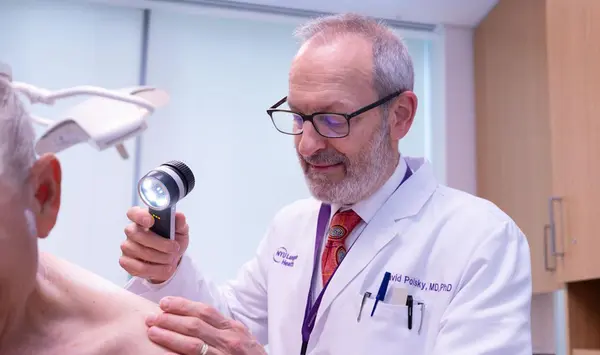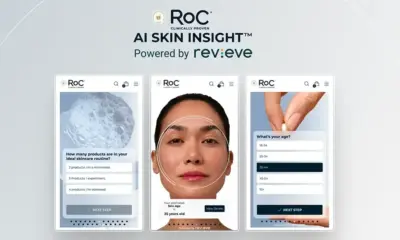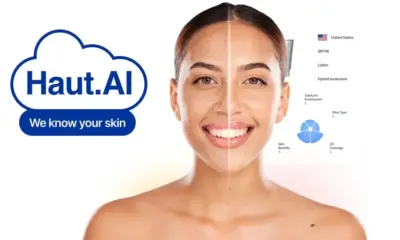Research & Trends
Study Confirms Accuracy of Telehealth Skin Cancer Examination Tool

Recent research has demonstrated that dermatologists can diagnose skin cancer with similar accuracy using remote patient images as they can with in-person examinations.
The study revealed that off-site dermatologists had a 91% accuracy rate when diagnosing skin cancer and melanoma through dermoscopic images taken at clinics. This imaging technique utilizes a camera and magnifying lens to observe beneath the skin’s surface. In comparison, dermatologists performing in-person exams had only a slightly higher accuracy rate of 93%. Study Confirms Accuracy of Telehealth Skin Cancer Examination Tool, highlighting the effectiveness of remote diagnosis in detecting skin cancer.
These encouraging results point to significant potential for telehealth, particularly in reaching patients who have limited access to dermatological care. Remote skin cancer detection offers a solution that could help catch skin cancer early, which is critical for successful treatment outcomes.
“Our findings suggest that this method of teledermoscopy may not only help healthcare providers catch potentially dangerous skin cancers early, but it could also reduce expensive and anxiety-inducing referrals to specialists for benign lesions,” says Dr. David Polsky, a senior author of the study. Study Confirms Accuracy of Telehealth Skin Cancer Examination Tool, making it easier for healthcare providers to deliver timely, accurate diagnoses.
The study, led by researchers at NYU Langone Health, was published in the Journal of the American Academy of Dermatology. The team gathered surveys from 147 participants who had identified suspicious skin lesions requiring evaluation. These patients underwent general dermatological exams, including biopsies where necessary. In total, 375 skin lesions were assessed both remotely and in person.
For the remote exams, a study coordinator used dermoscopic images for the SpotCheck system, which were then reviewed by a separate group of specialists who had no access to in-person exam data. The study results indicated that 97% of the lesions evaluated were benign. Both remote and in-person dermatologists successfully identified 11 out of 13 cases of skin cancer and melanoma, with both methods achieving nearly identical diagnostic accuracy.
“A key advantage of teledermoscopy platforms is that community health workers can be trained to collect images and send them out for expert review,” says Dr. Polsky. Study Confirms Accuracy of Telehealth Skin Cancer Examination Tool, which could allow the technology to be used in virtual triage services in pharmacies, community centers, and walk-in clinics in the future.
Skin cancers are among the most commonly diagnosed cancers worldwide. According to the World Health Organization (WHO), 330,000 new cases of melanoma were diagnosed in 2022, and approximately 60,000 people died from the disease. Early detection of skin cancer is crucial for successful treatment and can significantly reduce the risk of severe outcomes, including disfigurement.
In addition to teledermoscopy, there has been a rise in virtual skin analysis tools, driven by advancements in artificial intelligence (AI). Beauty and skincare brands are increasingly utilizing AI to help consumers assess their skin health. For instance, SmartSKN has introduced a portable skin analyzer that combines high magnification and AI tools to enable users to perform diagnostics at home. Similarly, AI-based platforms like http://Haut.AI and Unilever’s Pond’s Institute AI Skin Expert are helping customers receive personalized skincare recommendations based on uploaded selfies, marking the beginning of a new era in home-based skincare analysis.
With innovations in telemedicine and AI-driven tools, the future of both dermatological and cosmetic skin care is becoming more accessible and efficient, offering improved outcomes for users worldwide.





















